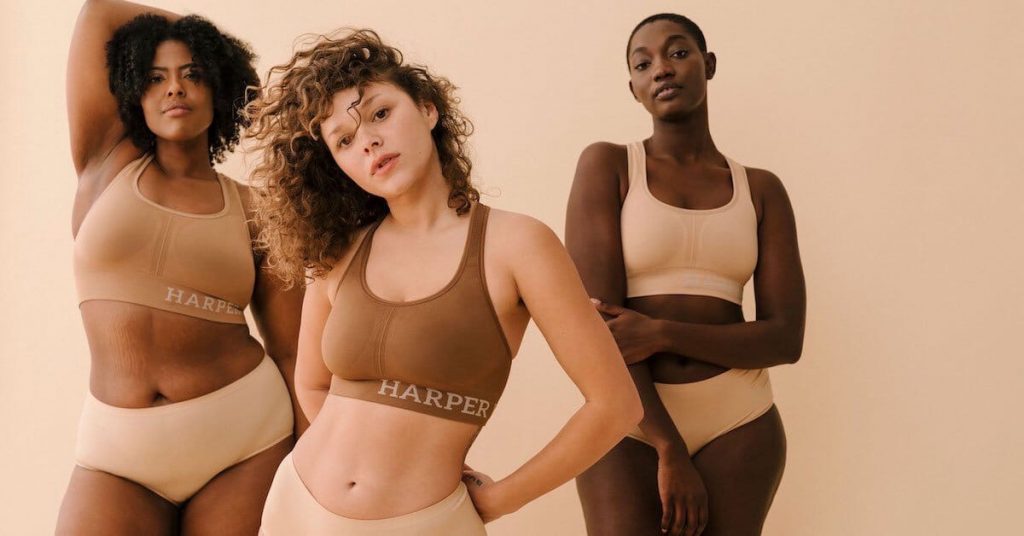Scientists estimate, we have only about ten years to reduce global carbon emissions and save our planet. While we ban successfully plastic straws and disposable water bottles, the fashion industry could increase carbon dioxide emissions more than 50% by 2030. The fashion industry is responsible for 10 % of annual global carbon emissions.
Every year, the average American generates around 70 pounds of textile waste: it makes up almost 5% of landfill waste. However, unlike a straw, you cannot stop buying clothes – it is a basic human need and also an important self-expression tool.
By the way, there are many ways to minimize environmental damage, for example, to choose secondhand and biodegradable fabrics (cotton, linen, hemp, etc.)
In the last few years it seems as every brand has made its Instagram profile more «green», but what’s that supposed to mean? When a company claims a position, does this apply to the entire production chain: factories, materials, packaging, shipping?
Today you will get more about breakthrough eco-clothing decisions and more.
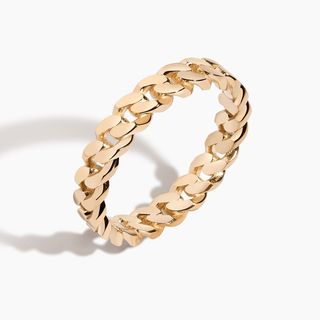
Aurate is a jewelry brand. The store focuses on jewelry made from 100% recycled gold. Pearl is bought only from family-based farms, where stones are cultivated and carefully collected. These measures ensure well-being and biodiversity of the marine environment.
Each jewel is made in New York and has a lifetime guarantee to prevent recycling at less sustainable facilities.
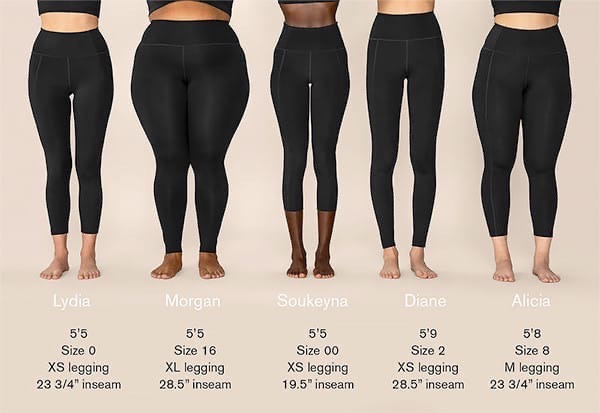
It’s a good call, if you want to read about the sustainable development methods of the acclaimed sportswear brand Girlfriend Collective IG, which also designs plus size clothes.
Their packaging is 100% recyclable, clothes are made from recycled bottles, fishing nets, nylon and other materials. The company uses eco-friendly dyes, its factory guarantees fair wages, safe labor practices and no child labor.
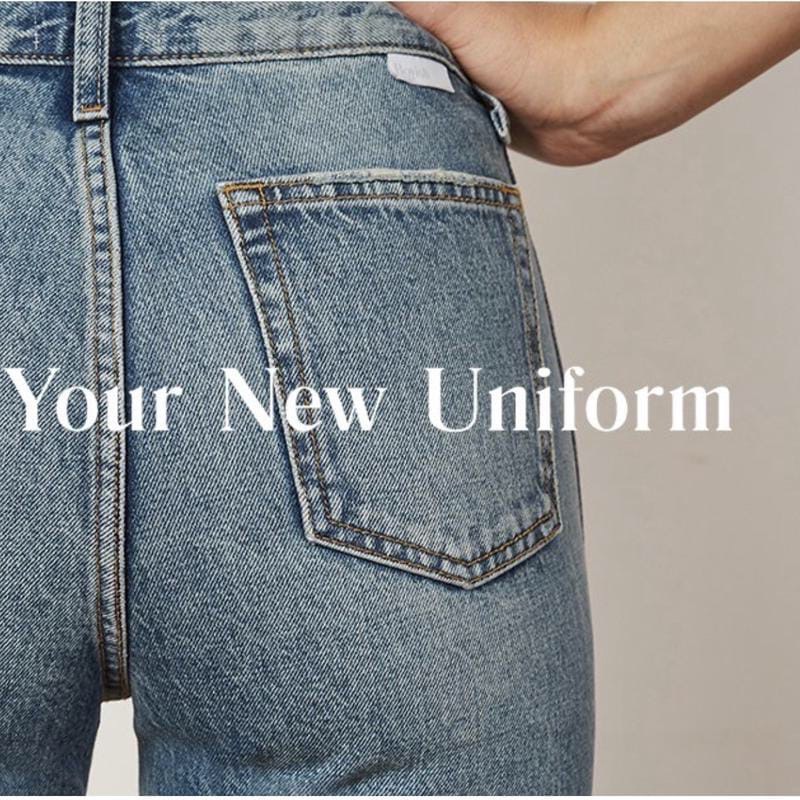
Since its founding in 2018, the carbon-neutral denim brand Boyish Jeans has saved 36,510 miles of car emissions, 696 lbs. of landfill trash and has planted 15,622 trees. Jeans are colored with non-toxic, plant-based dyes, made of lyocell (plant based fabric) and recycled organic cotton fabric. Their clothes are biodegradable and recyclable, so you can easy get rid of these garments. Moreover, you can sell your pre-owned jeans on the Boyish website in exchange for cash or a store discount.
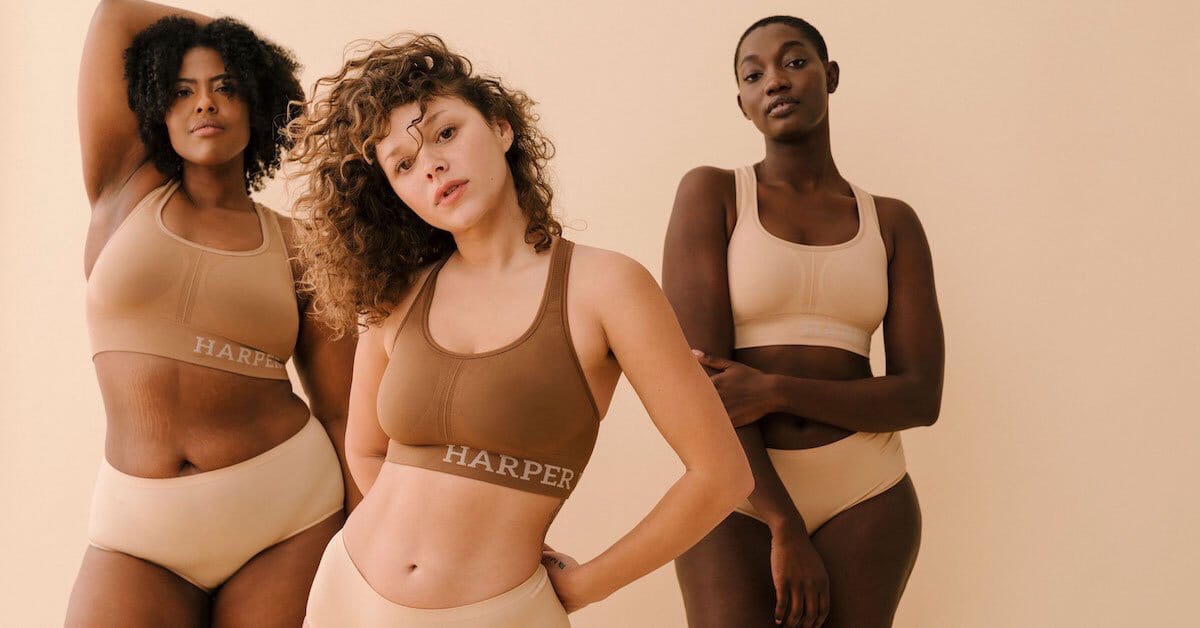
Since most of your underwear is probably 100% cotton, it is easy to make your outfit sustainable–just cut off the elastic and compost the rest. However, a bra drawer almost never comes to recycling. Bra brand Harper Wilde knows this problem very well, so they decided to establish their own bra recycling center. With every purchase shoppers receive a compostable bag, that should be filled with old underwear. (If you like to donate without purchasing, you can ship your own box to their warehouse.) From there, bras are recycled into clothes, rugs, cleaning textiles or building insulation. Up to date, the company has recycled 38,000 bras and continues on the course.
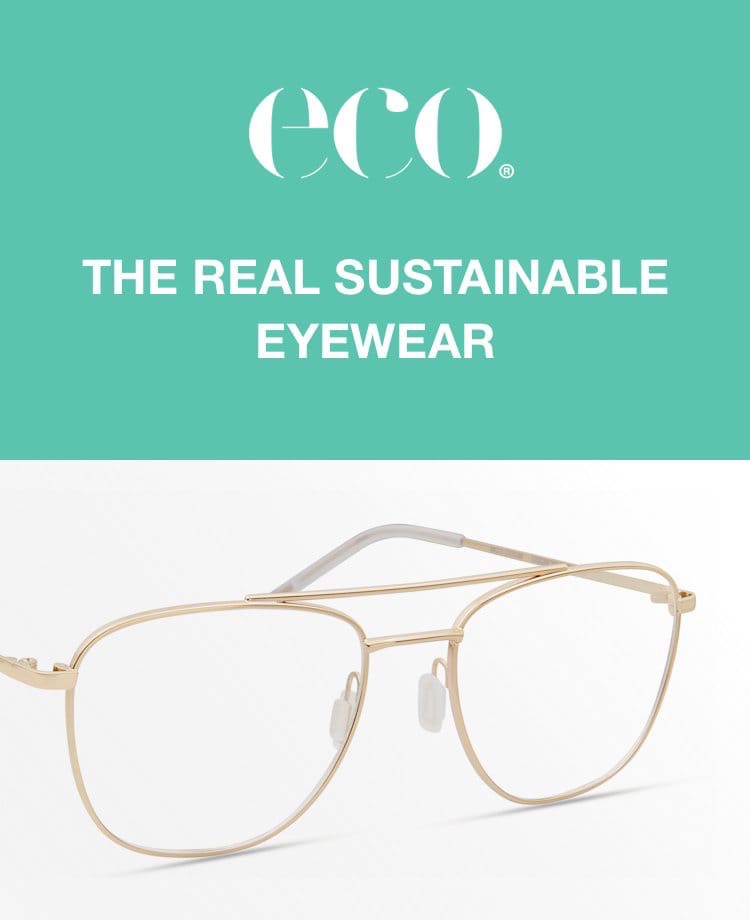
46% of waste in the Great Pacific Garbage Patch is just fishing nets (for reference: plastic straws make up 0.025%). Fortunately, Eco Eyewear is working to pull this number down. The brand recycles fishing nets, ropes and trawls found in the ocean, turning them into fashion sunglasses. Their frames are made of 95% recycled metal, biobased castor seed oil, and recycled ocean plastics. Their packaging is made of recycled plastic, recycled paper and biodegradable fabrics. By the by, the company plants one tree for every purchased glasses. Logically, you mainly pay to plant a tree and remove ocean waste, then you get cute glasses for free.
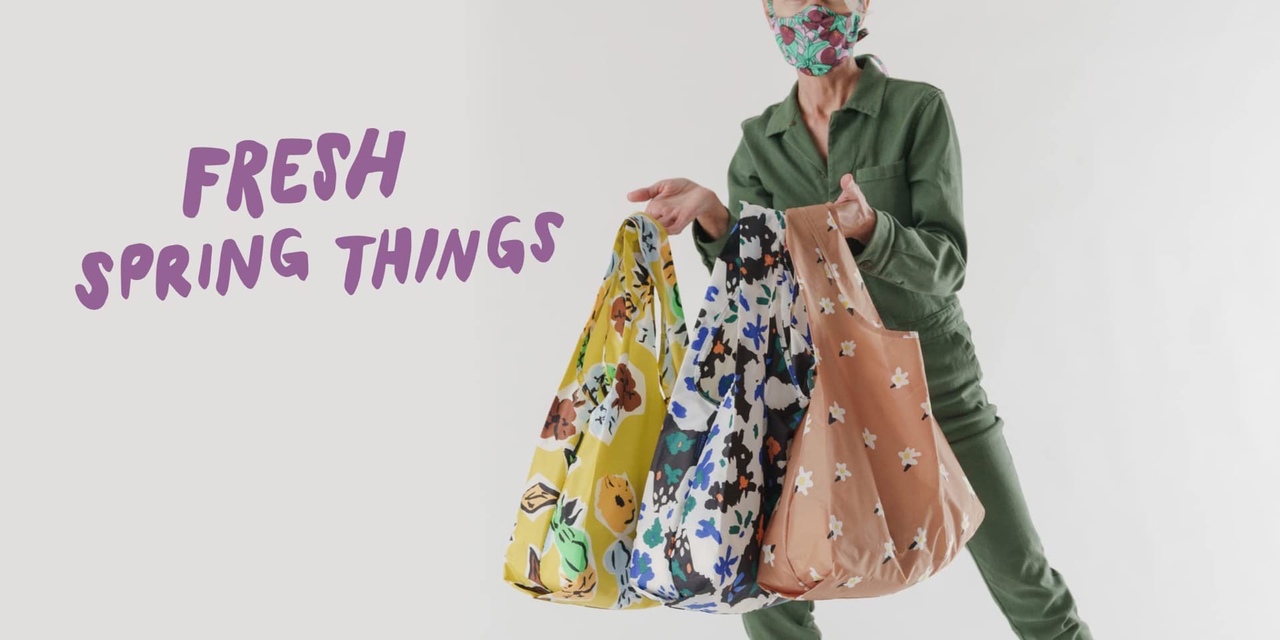
This fancy brand was created in order to eliminate the need for single-use plastic bags.
Baggu’s namesake totes are made of one continuous piece of 40% recycled nylon fabric, in order to reduce waste. Their totes turn into limited-edition bags. Other products are either made of 59% recycled nylon fabric, 65% recycled cotton canvas or 100%recycled PET (plastic water bottles). Baggu also has a recycling program, so their canvas and nylon bags are never tossed out. Customers can drop used bags off at any Baggu store or ship to their recycling center, in exchange for a discount on the next purchase.
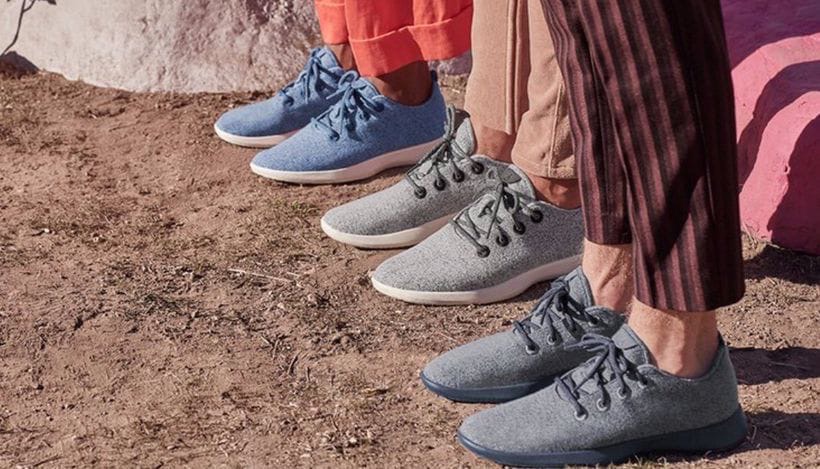
Allbirds is a green-minded company. The sneaker canvas is made of biodegradable fabrics (wool or eucalyptus tree fibers) combined with recycled nylon. Their laces are made of one plastic water bottle. The packaging is 90% recycled cardboard, serving as a shoebox, a shopping bag and mailer all-in-one. The company also aims to become carbon-neutral and is going to release 100% plant-based leather later this year (not plastic-based).
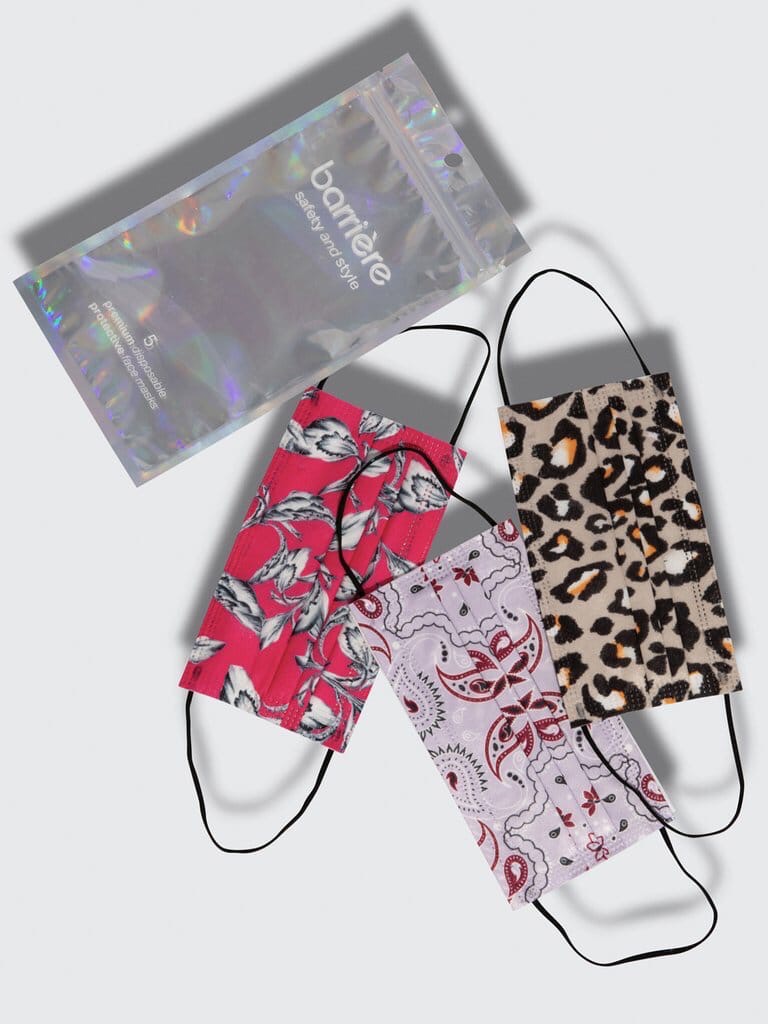
Face masks save lives, but surgical masks are single-use, so they have quickly become a major threat to the lives of sea creatures. Barrière is a medical-grade mask company that comes up in 2020 for dealing with this sad scenario.
Their (very trendy) surgical masks are FDA and CE certified, offer 95% protection, and made of 100% recycled plastic. They also offer a face mask recycling program in an attempt to create a waste-free production process. If you live in New York City, you can drop your mask off at their Brooklyn main office, and Barrière will recycle it for safe lives of sea creatures.
Thus, the world enters a new level of awareness, which positively affects the environment and fauna. People stop being selfish and start thinking about nature. So with a sustainable brand establishment you will not only expand your loyal customer list, but also help the planet.
